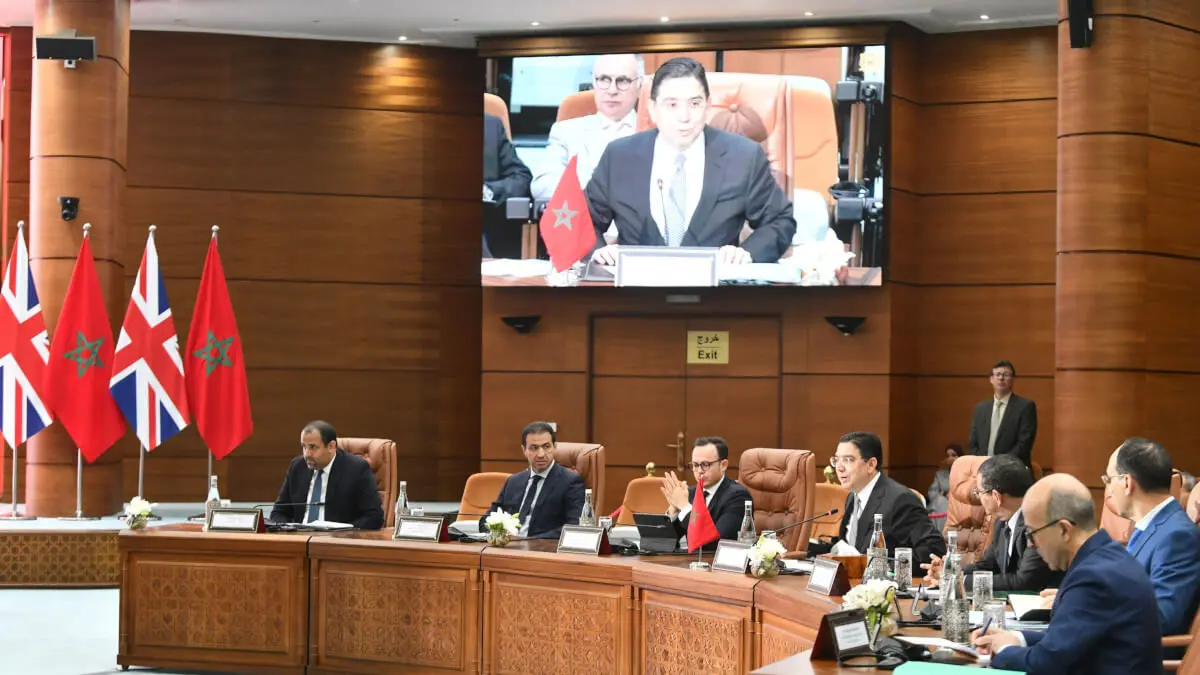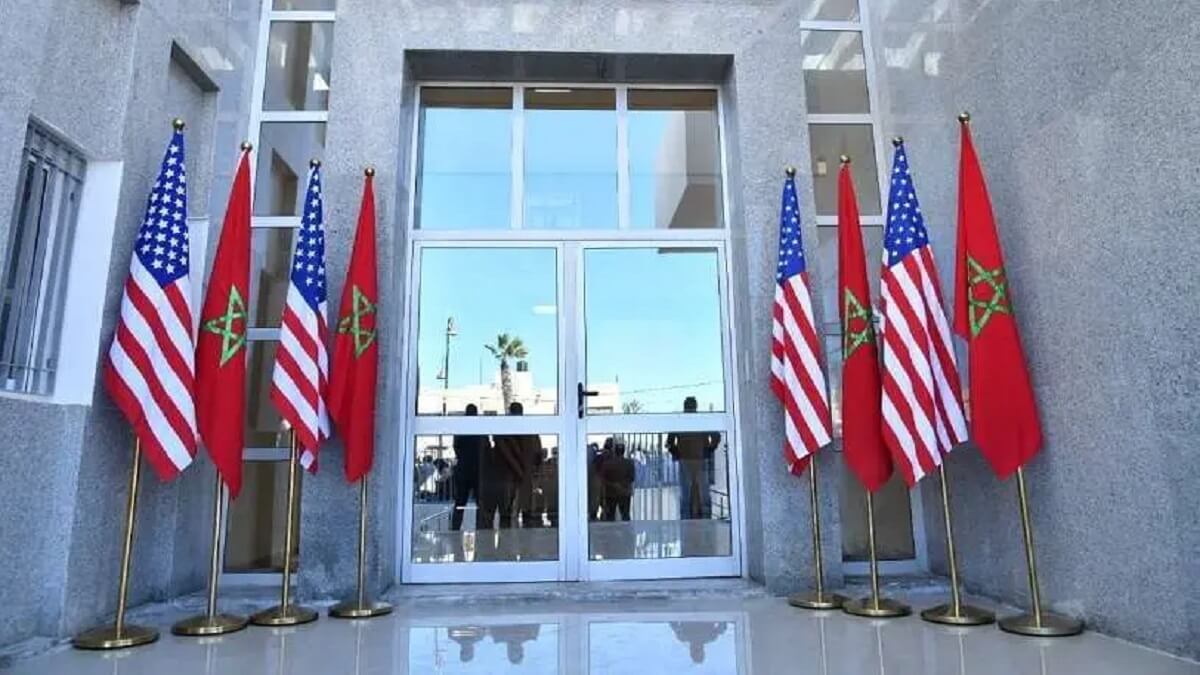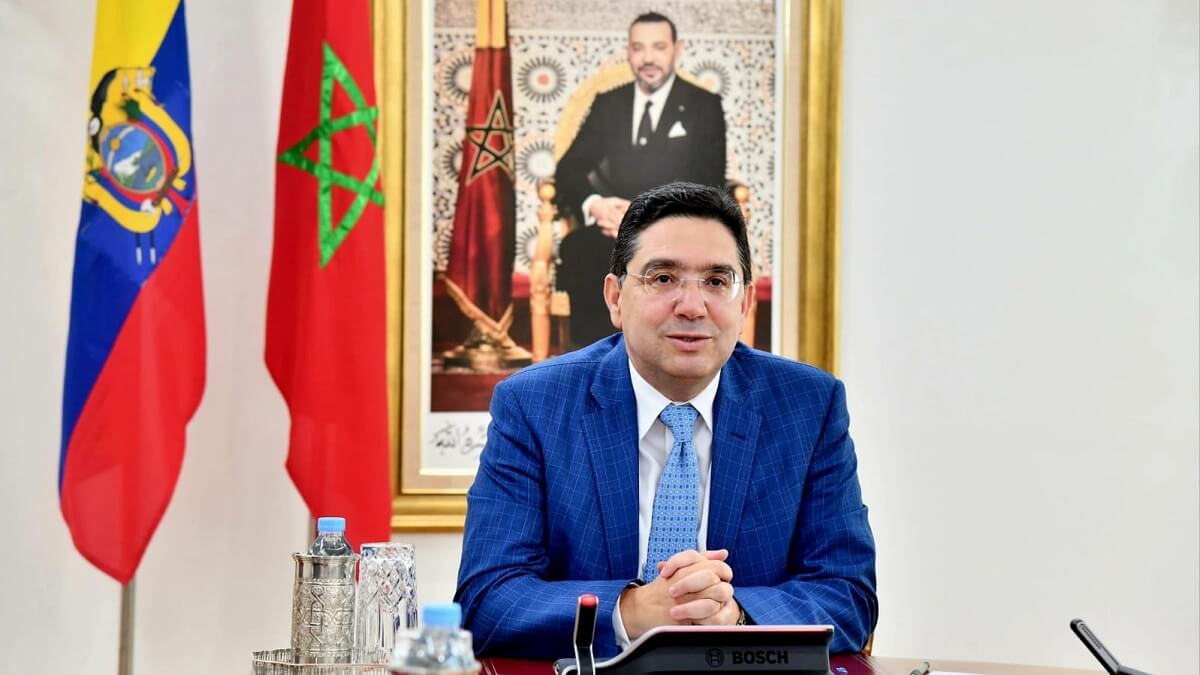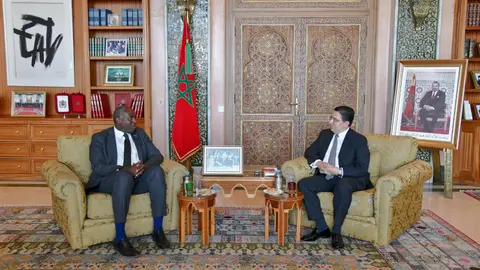The United Kingdom's support for Morocco's autonomy plan: a new diplomatic victory for Morocco

The United Kingdom has taken a significant diplomatic step by expressing its full support for Morocco's proposed autonomy plan to resolve the long-running dispute over Western Sahara.
The joint statement was signed last Sunday in Rabat by British Foreign Secretary David Lammy and his Moroccan counterpart Nasser Bourita during a visit that both described as a ‘turning point’ in bilateral relations.
This is the first official visit by a British Foreign Secretary to Morocco since 2011. In his speech, Bourita recalled the promises made at previous meetings: an official visit under Lammy's mandate and a new impetus to relations between the two countries. Both have been fulfilled with this visit.
The United Kingdom considers Morocco's autonomy plan, presented in 2007, to be a ‘serious, credible and realistic basis’ for resolving the conflict, which has lasted for more than five decades. London also confirmed that UK Export Finance could support economic development projects in Morocco's southern provinces, thus reaffirming its intention to mobilise up to £5 billion in investments across the country.
Bourita hailed the visit as ‘a historic moment’ and stressed that it marks the beginning of a ‘new phase’ in bilateral relations, within the framework of the fifth session of the Morocco-United Kingdom Strategic Dialogue. For his part, Lammy acknowledged the strategic importance of Western Sahara for Morocco and said that the time has come to move towards a final resolution, in line with the aspirations of the region's inhabitants.
"#Moroccan_Sahara: The position of the United Kingdom of Great Britain and Northern Ireland, as expressed in the joint communiqué signed today in Rabat by MFA Nasser Bourita and his British counterpart, Mr. David Lammy pic.twitter.com/ZRLRxTUVIn
— Moroccan Diplomacy 🇲🇦 (@Marocdiplo_EN) June 1, 2025
The ministers also signed four new agreements in key areas such as trade, defence, research and investment. This strategic partnership is expected to continue to deepen in the coming months.
Bourita insisted that international support for the autonomy plan should not be interpreted as a mere symbolic gesture, but as a tangible way to resolve a conflict that has blocked regional development for decades. He stressed that the UK's position carries particular weight as a permanent member of the UN Security Council and called for greater involvement by the international body.

Growing international support
The UK's backing adds to that of other key countries that have already expressed their support for the Moroccan plan as a pragmatic solution to the conflict.
The United States was the first to take a historic step in December 2020, when, under the Donald Trump administration, it officially recognised Moroccan sovereignty over Western Sahara. This position was maintained under the Joe Biden administration, consolidating US support for the autonomy proposal.
Spain, the former colonial power in the territory, took a decisive turn in March 2022 by considering the Moroccan autonomy plan as ‘the most serious, credible and realistic basis’ for a solution. This statement marked a turning point after tensions between Madrid and Rabat and signalled an explicit alignment with Morocco's vision.

France, another key player with significant influence in the Maghreb, has also expressed its support for the Moroccan plan as an appropriate framework for a negotiated solution, thereby reinforcing the international legitimacy of Rabat's approach.
With more than 113 countries already backing the autonomy initiative, the Moroccan proposal is consolidating its position as the most viable option in the current diplomatic context. This trend reflects not only a geopolitical reassessment of the conflict, but also the success of Morocco's diplomatic strategy, which has managed to forge key alliances within the Security Council.

The growing international consensus could mark a turning point in a conflict that has divided the region for generations. Morocco has made it clear that its foreign policy, guided by the principles of clarity and ambition defined by King Mohammed VI, does not seek to maintain the status quo, but to achieve a definitive solution.
The UK's stance adds further weight to international support for Morocco's autonomy plan and could spur new progress in negotiations within the UN framework.









